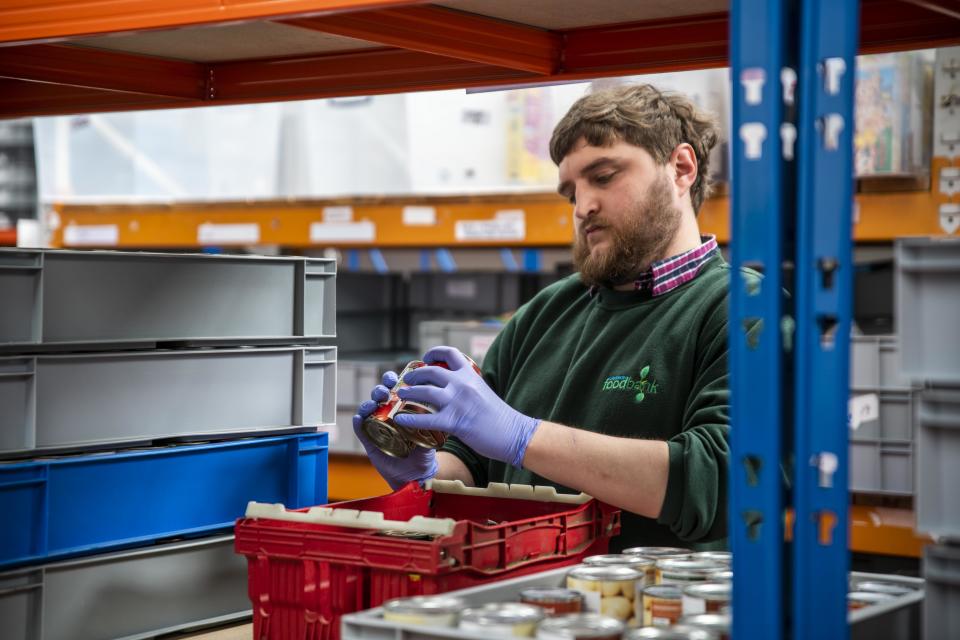Coronavirus: UK unemployment rose just as COVID-19 hit

The UK unemployment rate edged higher in February just before the coronavirus began to cripple the UK economy, official figures show.
The Office for National Statistics (ONS) published the latest official data on the UK labour market on Tuesday 21 April, with February the most recent month available.
The unemployment rate was 0.1% higher in February than a month earlier at 4%, according to new ONS estimates based on the latest HMRC earnings data.
Flash estimates for March show the number of paid employees also slid compared with February, down by 0.06% to 29.1 million people, though it remained higher year-on-year.
David Freeman, head of labour market statistics at the ONS, said employment had been “very robust” when the crisis hit. Employment was still at record highs and unemployment also remained at a near-record low, despite the uptick just as the economy began to seize up.
Freeman said the March figures showed a “softening picture” of employment, but noted they covered the month as a whole, including a period before the lockdown. Unemployment figures are from 12 March.
Lay-offs have soared and hiring frozen as COVID-19 and the lockdown have hammered firms in recent weeks.
Read more: UK unemployment ‘could more than double’ to 27-year high
Jack Kennedy, an economist at job site Indeed, said the coronavirus had since “wreaked havoc” on employment, with the figures still painting an “almost nostalgic” view of the recent labour market.
“Fast forward to today and our data shows that job postings on Indeed have plummeted by 48% on last year's trend with the beauty, hospitality, travel and food preparation industries hardest hit.”
More than 1.4 million people have applied for the universal credit benefit since the crisis began. Surveys show hiring has fallen at its fastest pace since the financial crisis. Hospitality chiefs say hundreds of thousands of staff have lost jobs in their sector alone as venues have shut.
Last week the Office for Budget Responsibility (OBR) released figures suggesting more than two million people will be out of work between April and June if the lockdown lasts three months. It would take the unemployment rate to 10% in the second quarter, its highest in 27 years.
Read more: UK ‘furlough’ scheme flooded with more than 2,200 claims a minute
But the government has sought to protect jobs through its unprecedented wage subsidy scheme, for workers on ‘furlough’ who otherwise faced redundancy. It was flooded with 140,000 applications from firms on its first day as it went live on Monday.
The Resolution Foundation said this week the scheme was all that stood between rising joblessness and “catastrophic depression-era levels of long-term joblessness.” In the US, more than 22 million workers have filed for unemployment benefits in a month.
Minister for employment Mims Davies acknowledged the latest figures had already been “overtaken” by events. But she said near-record low unemployment figures showed the “strong foundation” of the UK economy going into the crisis.
“We’re doing all we can to help families make ends meet,” she added.

 Yahoo Finance
Yahoo Finance 